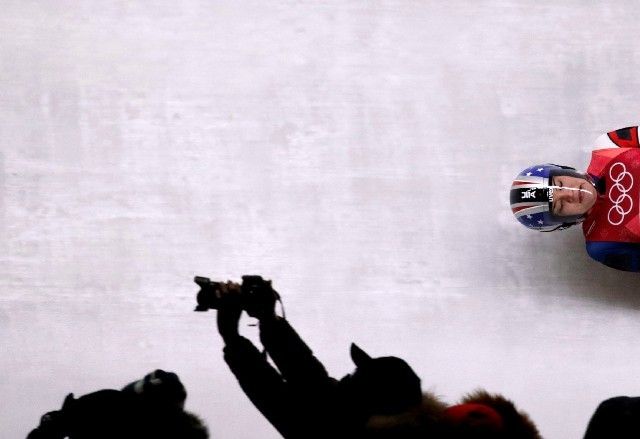I’ll confess (at the risk of being called something even worse than whatever was worse than curmudgeon) that I’m not hugely into the Winter Olympics, though I was mesmerized by Alberto “La Bomba” Tomba as a child — his outfits were nuts, particularly the Fila ones. But because I’m a nerd, an Olympics that I’d definitely watch is one in which world leaders represent the events, as follows:
The slalom skier: South Korean President Moon Jae-in — just you imagine trying to navigate a path that keeps Kim Jong-un, Donald Trump, and Xi Jinping happy, while also trying to pull off an ambitious economic reform agenda that involves wresting power away from powerful industrial conglomerates who have dominated your country for decades.The figure skater: Emmanuel Macron. Doesn’t lack for theatrical inspiration but needs a mind boggling combination of power and grace to pull off the triple-Lutz of an EU reform package that is actually viable.
The ski jumper: Kim Jong-un. A loner with a nutty streak. Kim is trying to fly as far and fast as he can with his nuclear program… can he stick the landing?
The luge: Surely, it’s Nicolas Maduro — how does he manage to stay in control while hurtling downward so fast like that?
Which, of course, leaves one last question: who would represent curling? My fellow Signalista Willis Sparks goes for the win with “Donald Trump: everyone is watching him intently but no one really knows what he’s doing.”
Can you, dear reader, beat that?
